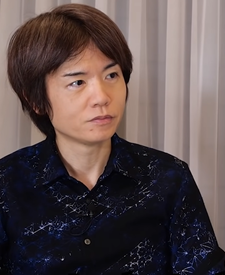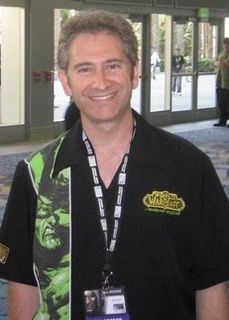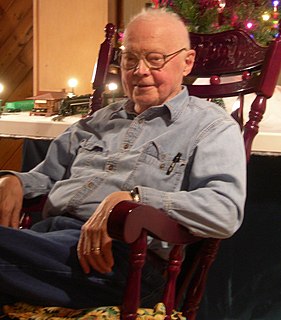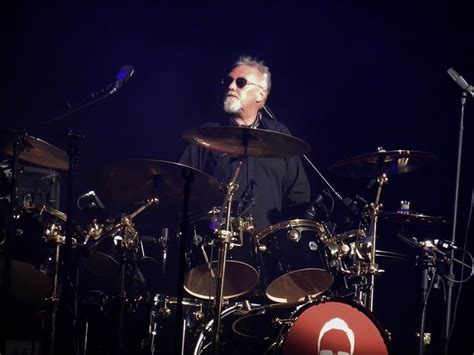A Quote by Masahiro Sakurai
We do various kinds of research during the planning stage. We consider the inclusion of characters that feature in games being developed at the same time, are highly requested by users, and are popular within their series. We then think about how they could be unique if they were to appear in 'Super Smash Bros.'
Related Quotes
So, it's a delicate thing, but at the same time our producers and writers are very much aware of the potential downfall that could ensue so I think they're going to be very careful about how they do that. At the same time I don't think they want to leave the characters in the same holding pattern that they've been in for a while. I think that they're all trying to put the characters in a different situation.
If tournament popularity was the most important consideration, then I think we would create a Smash Bros game that included a multitude of fast moves with complicated controls. However, I believe this is actually the greatest shortcoming of fighting games at present, and that is the reason why I don’t do it.
I made a picture called Super Mario Bros., and my six-year-old son at the time - he's now 18 - he said, 'Dad I think you're probably a pretty good actor, but why did you play that terrible guy King Koopa in Super Mario Bros?' And I said, 'Well Henry, I did that so you could have shoes,' and he said, 'Dad, I don't need shoes that badly.'
. . . it is interesting to note that the original problem that started my research is still outstanding - namely the problem of planning or scheduling dynamically over time, particularly planning dynamically under uncertainty. If such a problem could be successfully solved it could eventually through better planning contribute to the well-being and stability of the world.
It's hard to describe to people how terrible it was when you could only watch cartoons at a certain time in your life. But no, I would watch all of them - the Warner Bros. cartoons and the Bugs Bunnys and then the Tex Avery stuff. Looking back on it, they were so incredibly subversive for their time. You'd think, "Oh, they're just making jokes and this or that." But when you watch them as an adult, you think, "Oh no, they were talking about some pretty deep stuff."
So the fact that there's someone who's planning what happens to the characters, writing it down, means that the characters always have a fate. And when we think about fate, we tend think of it as the thing we would have if we were literary characters, that is, if there were somebody out there, writing us.
There are many important books on oral history. My book was the launch title in the Understanding Qualitative Research series with Oxford University Press. I think what makes my book and all of the series books unique is the emphasis on writing instruction for researchers who want to use the method being described.



































